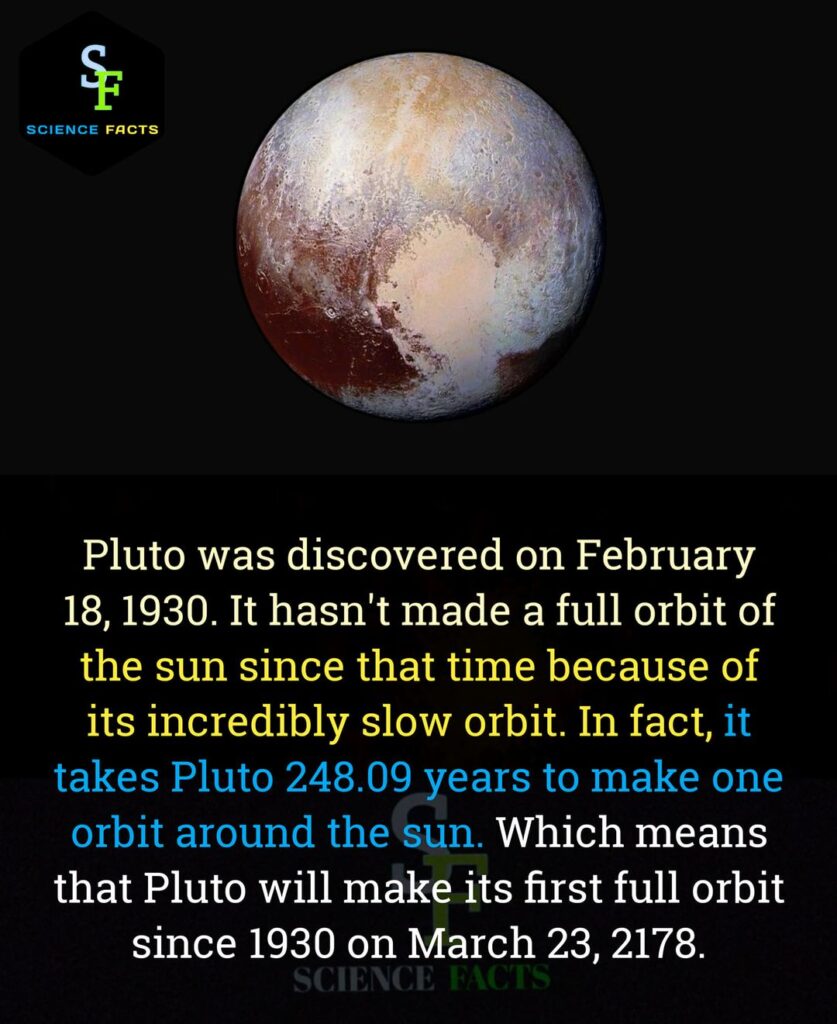Category Archives: The Evidentialism Files
The Rustlng

The Santa Anas come, rattling the bones of this house,
Creaking whisper secrets.
Clap applause as
The windows shiver, as if someone seeks entry.
But the dogs, calm, they know better.
They rest, unbothered, somehow sensing
the true nature of the storm.
They know the difference between wind and danger,
as I can just cock an ear.


